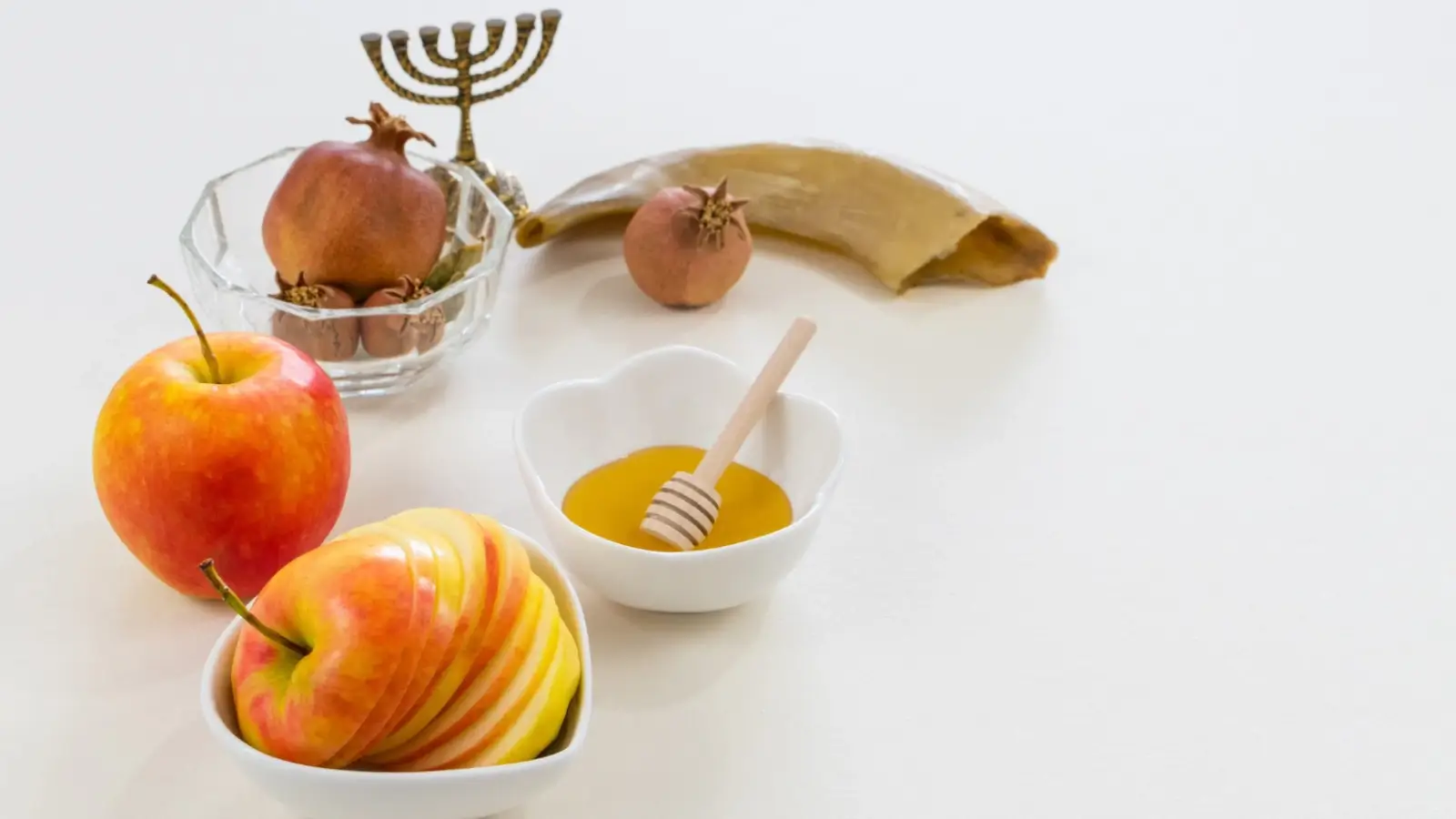


Rosh Hashanah, the Jewish New Year, begins at sundown on Monday, September 22, 2025, and concludes at dusk on Wednesday, September 24, 2025. This holiday marks not just a changing of the calendar, but a time of deep reflection, prayer, and renewal for Jewish communities around the world.
Rosh Hashanah — literally “Head of the Year” in Hebrew — is the first of the High Holy Days and inaugurates the Jewish month of Tishrei. This two-day period is rich with spiritual meaning. It’s not a purely celebratory occasion; its themes mix joy with solemnity, combining wishes for a sweet new year with introspection on actions of the past year.
Key traditions of Rosh Hashanah involve synagogue services, the sounding of the shofar (a ram’s horn), and special prayers. The shofar’s blasts are central — they are both a call to repentance and a way to awaken congregations spiritually.
Meals during Rosh Hashanah are festive and symbolic. Round challah (sweet bread), apples dipped in honey, and sweet new fruits feature as part of the food traditions. These represent hopes for sweetness, renewal, and completeness in the coming year.
Another meaningful observance is Tashlich, usually performed in the afternoon of the first day (if circumstances allow). During this ritual, people go to a body of flowing water to symbolically cast off sins — often by tossing crumbs or pieces of bread into the water — as a gesture of letting go and seeking forgiveness.
The period between Rosh Hashanah and the next major observance, Yom Kippur, is known as the “Ten Days of Repentance.” These days are set aside for self-examination, making amends, seeking forgiveness, and resolving to improve in the year ahead.
In 2025, Rosh Hashanah falls in late September (beginning at sundown Monday, September 22), consistent with its timing each year according to the Hebrew calendar. As with past observances, practices vary slightly by Jewish denomination, community tradition, and geographic location — but the core ideas of new‐beginnings, moral accounting, and hope remain central.
This holiday is not simply a new year—it’s a chance to begin again with intention, to look backward with honesty, and forward with hope and compassion. For many, Rosh Hashanah is a time to connect with family, community, and faith in ways that resonate long after the holiday ends.